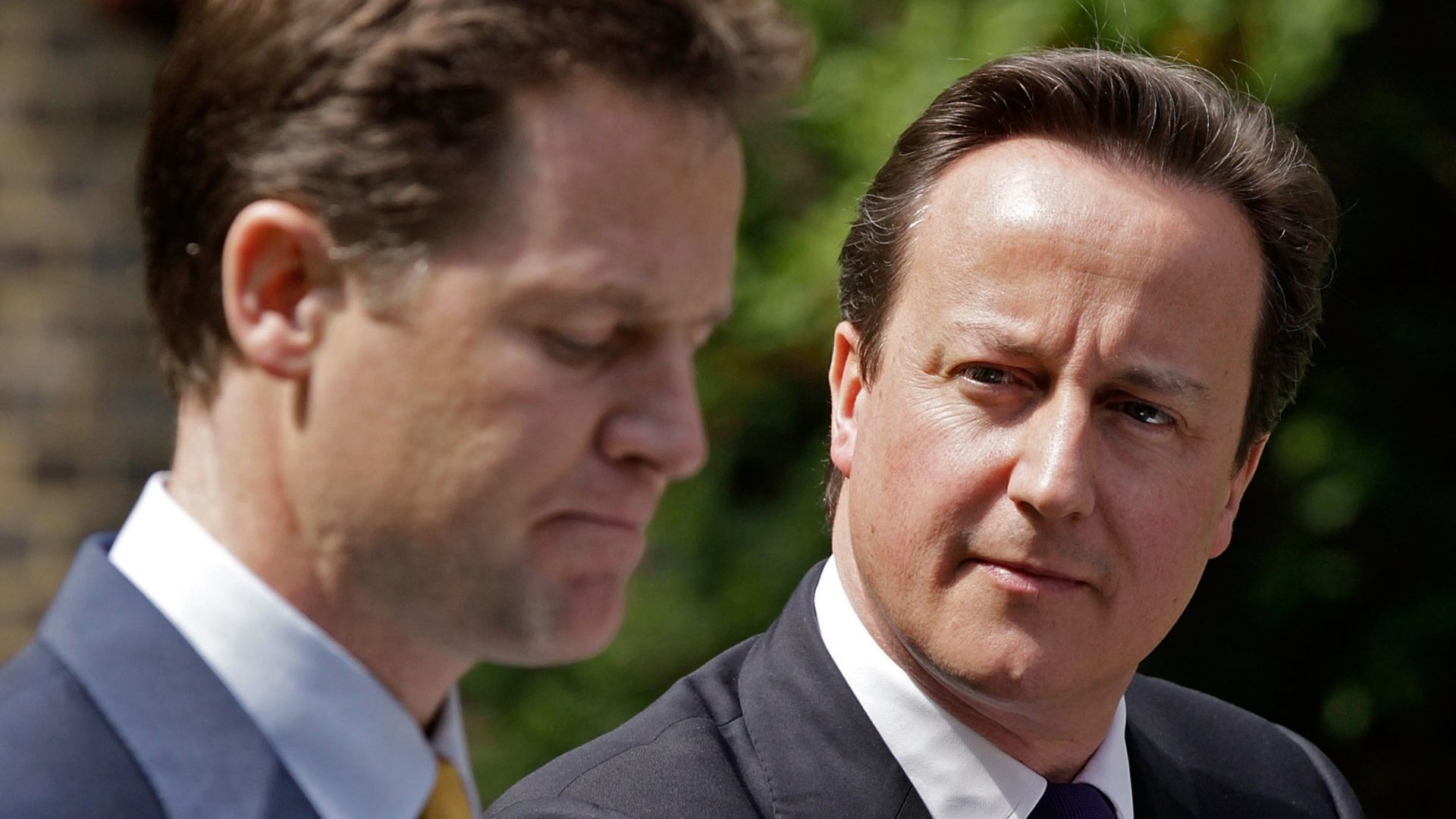It is amazing how quickly “progressives” can come to firm conclusions – and amazing how often we come to the old familiar ones. In this instance, 2023’s local elections have led left-leaners to conclude that the case for electoral reform is undeniable, and that when proportional representation therefore arrives it will keep the Conservatives out of power forever.
There are good arguments for PR, and good arguments against it, too. But “keeping the Tories out” is absolutely not a good argument for PR. For a start, it is not true, and it wouldn’t be a good argument for changing the system even if it were.
The headline numbers from 2023’s local elections seem enough to make the simplest case for PR: the Conservatives got less than 30% of the national vote, while between them Labour and the Liberal Democrats hit 55%. With the addition of the Greens, the “progressive alliance” would easily add up to 60%.
This appears to show the UK is a progressive country with a clear majority in favour of left-leaning parties that somehow still ends up with right wing governments most of the time. And, therefore, that its electoral system is manifestly unfair: a majority for progressive politics should translate into progressive governments.
These reasonable propositions hinge on an “if”. Local politics works in strange ways, and local parties often run on agendas that are very different from their party’s supposed national agenda.
The reality of local campaigning from the Liberal Democrats and Greens is often surprisingly small-c conservative, aimed at preserving natural spaces and opposing new development. Meanwhile, voters are also far more willing to try out minor parties or independents for local government than they are at a general election.
Psephologists enjoy projecting local elections into national shares and national trends but it is foolish to take these things too seriously, as recent history shows. In May 2019, the Conservatives had a catastrophic set of local election results, and then six months later went on to a landslide general election win under a new leader.
All of which is to say: 2023’s local election results flatter the size of an inbuilt “progressive majority” in the UK. Not every voter that opted for Labour, the Lib Dems or Greens is actually progressive, and local votes often don’t reflect support for national manifestos.
It is also philosophically tricky to just lump three separate parties together under a “not the Tories” banner – Labour, the Lib Dems and the Greens are three separate parties that represent three different political traditions.
The Liberal Democrats in particular are something of a moveable feast. Formed as an uneasy amalgamation of liberal political tradition with the Social Democratic Party, a centrist Labour breakaway, they can hardly be described as resolutely anti-Conservative. After all, five years of the current 13 years of Tory government were in coalition with the Lib Dems. Leader Ed Davey was in David Cameron’s cabinet.
It is somewhat strange too that people believe PR will keep the Conservatives out forever. Most of Europe uses PR, and nowhere has it kept out the centre right – and it has helped usher in the far right in more than one European country. UKIP and the Brexit Party have won UK European elections.
There is no conceivable world in which PR would not lead to the rise
of parties to the right of the Conservatives, and if the Lib Dems were to rule out a coalition and a confidence-and-supply agreement with the Tories ahead of an election under PR, that leaves the Tories with few options – they would likely have to build a coalition with parties on their right.
Given that even without such a coalition the party is willing to curb protest, try to deport legitimate refugees to Rwanda, and demonise desperate people crossing the channel in small boats, a Conservative coalition with the far right could lead to something currently unimaginable in British politics.
So, if you want to change the electoral system to try to deliver a particular partisan effect, you will be disappointed. PR could help the right as much as it could help the left. But yes, it delivers parliaments that more closely resemble the national voting percentages. If that is something you believe defines fairness, that is a good reason to back PR. Hoping it will game the electoral system to suit your party is generally not.
In reality, advocates for PR are likely to find themselves disappointed in the near future. Changing the electoral system relies on getting the support of either Labour or the Conservatives – but neither party would be likely to survive in its existing form under such a system.
Relying on the winners of FPTP to end FPTP is an obviously difficult proposition. It is also unlikely to be an acceptable price for coalition – the Lib Dems were horribly burned by being the minor coalition party of Conservatives, so if Labour finds itself short of a majority, the Lib Dems
are unlikely to wish to dive into coalition again.
Instead, they will likely offer confidence and supply – for a price. PR is too high a price for an offer of that size. The UK’s limbo feels likely
to continue: each local election will bring calls for change, often with misguided premises, and each general election in turn will disappoint.
Same as it ever was.




